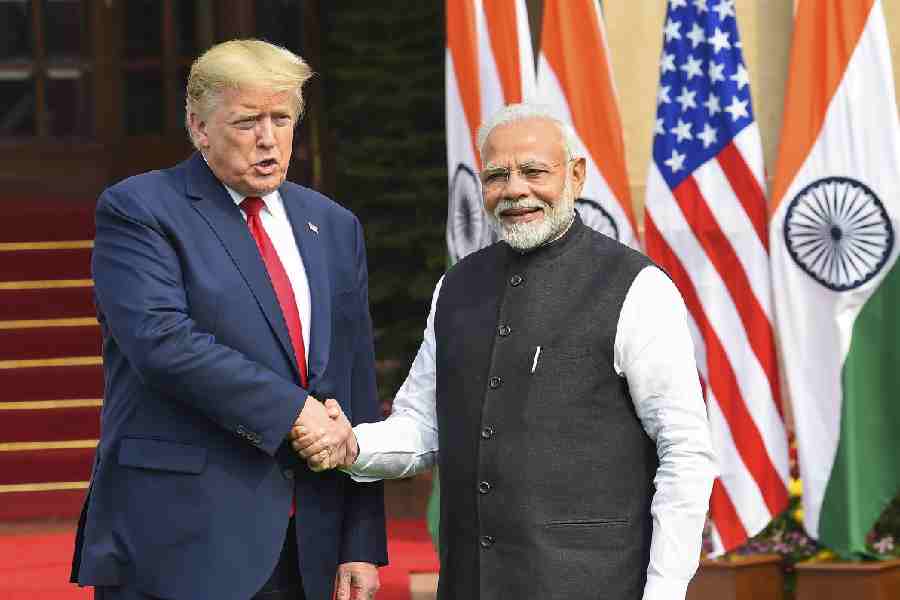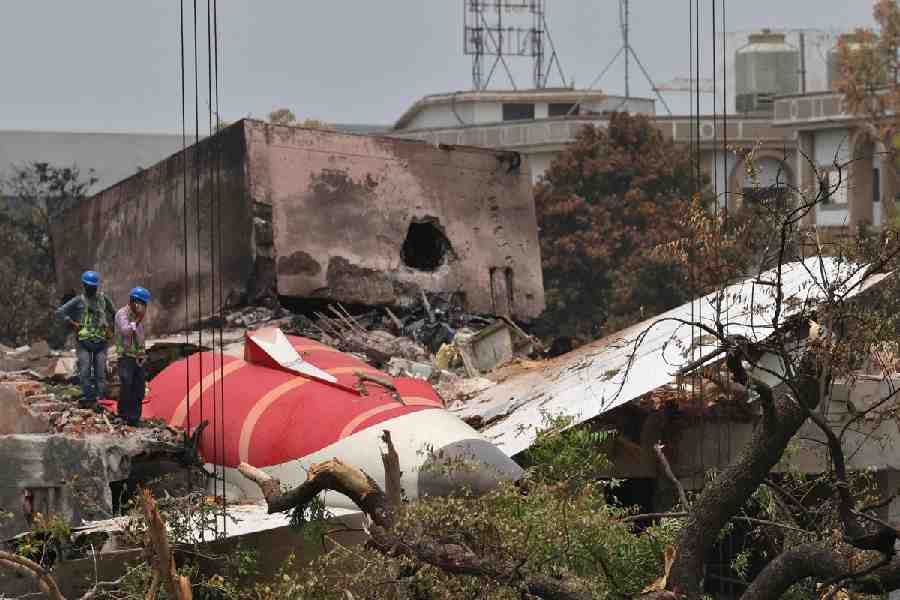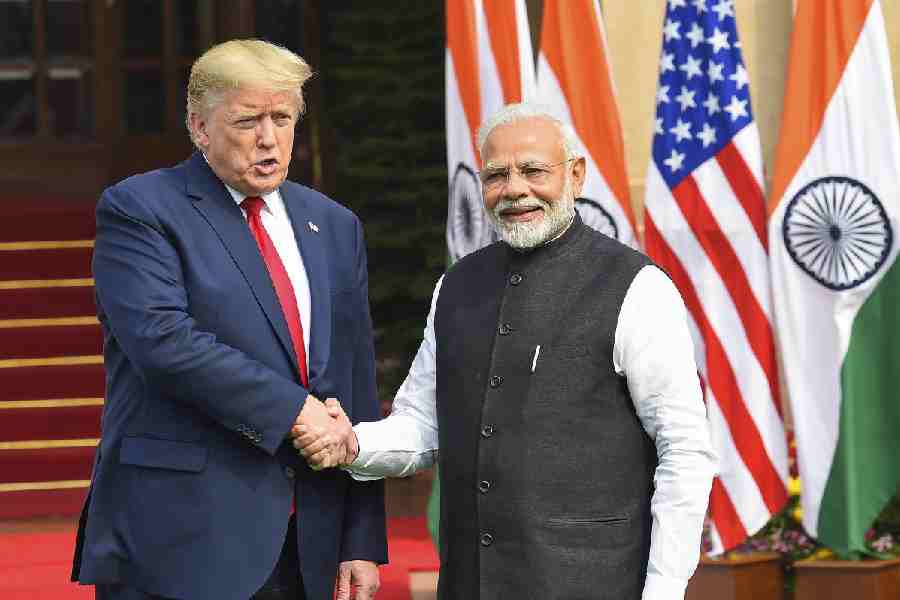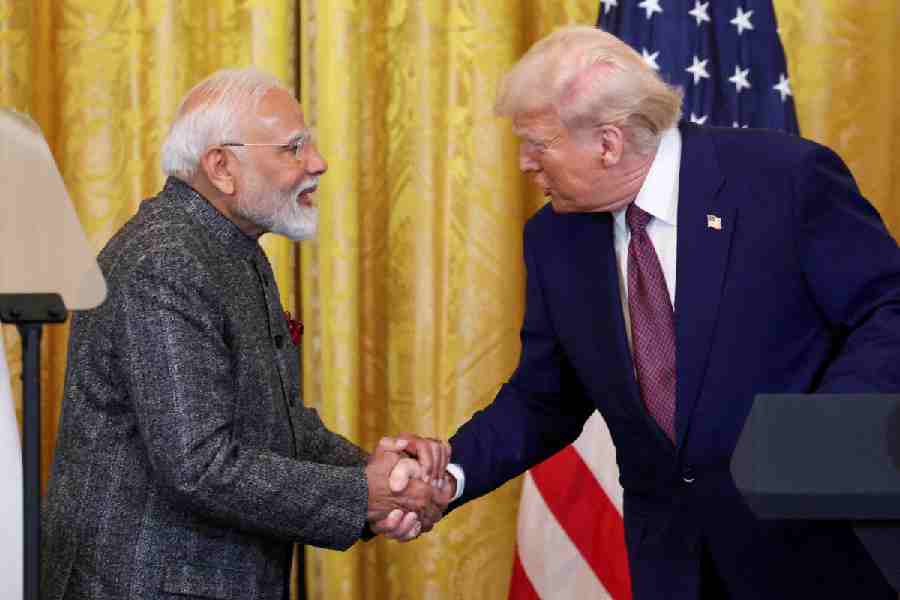Thiruvananthapuram, June 29: A women's college in Kerala's Kozhikode district has decided to introduce a dress code for its students from the new academic session, but the move has caused a flutter as burqas are not an optional part of it.
Starting July 8, the students of MES Fathima Gafoor Memorial Women's College in Nadakkavu will not be allowed on campus in jeans, skirts, leggings or short tops. First-year students will have to wear churidar-kameez plus a jacket or a blazer, and the second and third-years salwar-kameez and jacket/blazer.
A circular issued by the college, however, clarified that students would be free to use the head-scarf, also called hijab or mafta.
Muslims comprise 80 per cent of the nearly 1,300 students of the college that is run by the Muslim Educational Society (MES). Burqas have been a popular dressing option among them and the new order would mean students cannot wear it to college any more.
Although the decision has not gone well with hardliners and some student outfits have threatened protests, the college authorities appeared unruffled. "There is no need for any controversy," P.H. Mohammed, a member of the college managing committee, told The Telegraph.
"We have not banned anything. Every other institution under MES already has a uniform. Now we are bringing it to Nadakkavu college also. We are already late and this should have been implemented much earlier."
Founded in 1964, the MES has about 30 colleges under it, including four engineering colleges and a medical college, as well as dozens of schools.
The Nadakkavu college is named after Fathima Gafoor, the mother of MES chairman P.A. Fazal Gafoor. MES was founded by Fazal Gafoor's father P.A. Abdul Gafoor, a medic whose objective was to bring education to the Mappila Muslims of Malabar.
A reformist and a believer, Fazal Gafoor has long opposed the custom of Muslim women covering their faces, saying it was never a part of Islamic practice in Kerala and had been borrowed from Arabia. His views had invited criticism earlier also.
Mohamed concurred with Gafoor's views. "The purdah came to Kerala when contact with Arabia increased. Before that, we had our own dress code," he said, adding that students who did not find the college dress code comfortable could look at other institutes.










